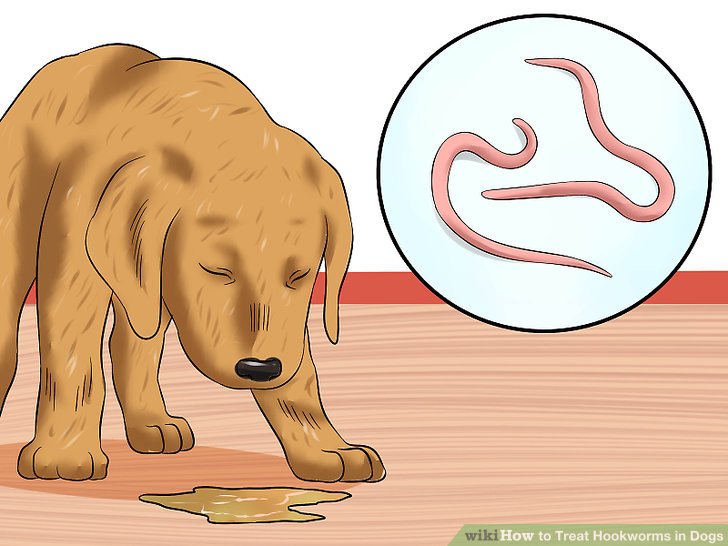
Introduction
Hookworms in dogs are a common yet potentially serious health concern that every pet owner should be aware of. These intestinal parasites can cause a range of issues for your furry friend, from mild discomfort to severe health complications. In this comprehensive guide, we will delve into the causes, symptoms, and treatment options for hookworm infestations in dogs.
What Are Hookworms?
Hookworms are small, parasitic worms that live in the small intestine of dogs (and other animals), attaching themselves to the intestinal wall and feeding on blood. There are several species of hookworms that can infect dogs, with Ancylostoma caninum being the most prevalent.
Causes of Hookworm Infections
Dogs typically contract hookworm infections through the ingestion of contaminated feces, soil, or infected animals. In addition, hookworm larvae can penetrate a dog’s skin, leading to infection. Puppies can also acquire hookworms from their mother’s milk.
Signs and Symptoms
Identifying the symptoms of hookworm infestations is crucial for early intervention. Common signs include:
- Bloody Stool: Hookworms feed on blood, which can lead to gastrointestinal bleeding and the presence of blood in the dog’s stool.
- Anemia: Chronic hookworm infestations can cause anemia due to blood loss, resulting in lethargy, weakness, and pale gums.
- Weight Loss: Dogs with hookworms may experience weight loss despite having a normal or increased appetite.
- Poor Coat Condition: The health of a dog’s coat can deteriorate, becoming dull and brittle.
- Coughing: In severe cases, hookworm larvae can migrate to the lungs, causing coughing and respiratory distress.
Diagnosis
If you notice any of the aforementioned symptoms, it’s crucial to consult with your veterinarian promptly. Diagnosis typically involves a fecal examination to detect the presence of hookworm eggs. In some cases, blood tests may be necessary to assess the extent of anemia.
Treatment Options
The good news is that hookworm infections in dogs are treatable. Common treatments include oral medications that eliminate adult worms and larvae. It’s essential to follow your veterinarian’s recommendations for the duration of the treatment to ensure complete eradication.
Prevention
Preventing hookworm infections involves a combination of regular veterinary check-ups, maintaining a clean living environment, and practicing good hygiene. Here are some preventive measures:
- Regular Deworming: Administering preventive deworming medications as recommended by your veterinarian.
- Clean Living Spaces: Regularly clean and disinfect your dog’s living spaces to minimize the risk of exposure to hookworm larvae.
- Prompt Removal of Feces: Regularly pick up and dispose of your dog’s feces to prevent contamination of the environment.
- Regular Vet Check-ups: Schedule routine veterinary visits to monitor your dog’s health and catch any potential issues early on.
Conclusion
In conclusion, understanding and addressing hookworm infections in dogs are essential for maintaining the health and well-being of our beloved pets. By being vigilant about symptoms, seeking prompt veterinary care, and following preventive measures, you can help ensure a happy and healthy life for your canine companion.
Remember, if you suspect your dog may have hookworms or if you have any concerns about their health, consult with your veterinarian for personalized advice and treatment options.
Note: For professional advice tailored to your specific situation, always consult with a qualified veterinarian.
Keywords
- Hookworms in dogs
- Symptoms of hookworm infections
- Treatment for dog hookworms
- Causes of hookworms in canines
- Preventing hookworms in dogs
- Veterinary care for canine parasites
- Deworming medications for pets
- Dog health guide
- Anemia in dogs
- Fecal examination for dogs
Read also : Simparica Trio: A Comprehensive Solution for Dog Parasite Protection – funnypet
